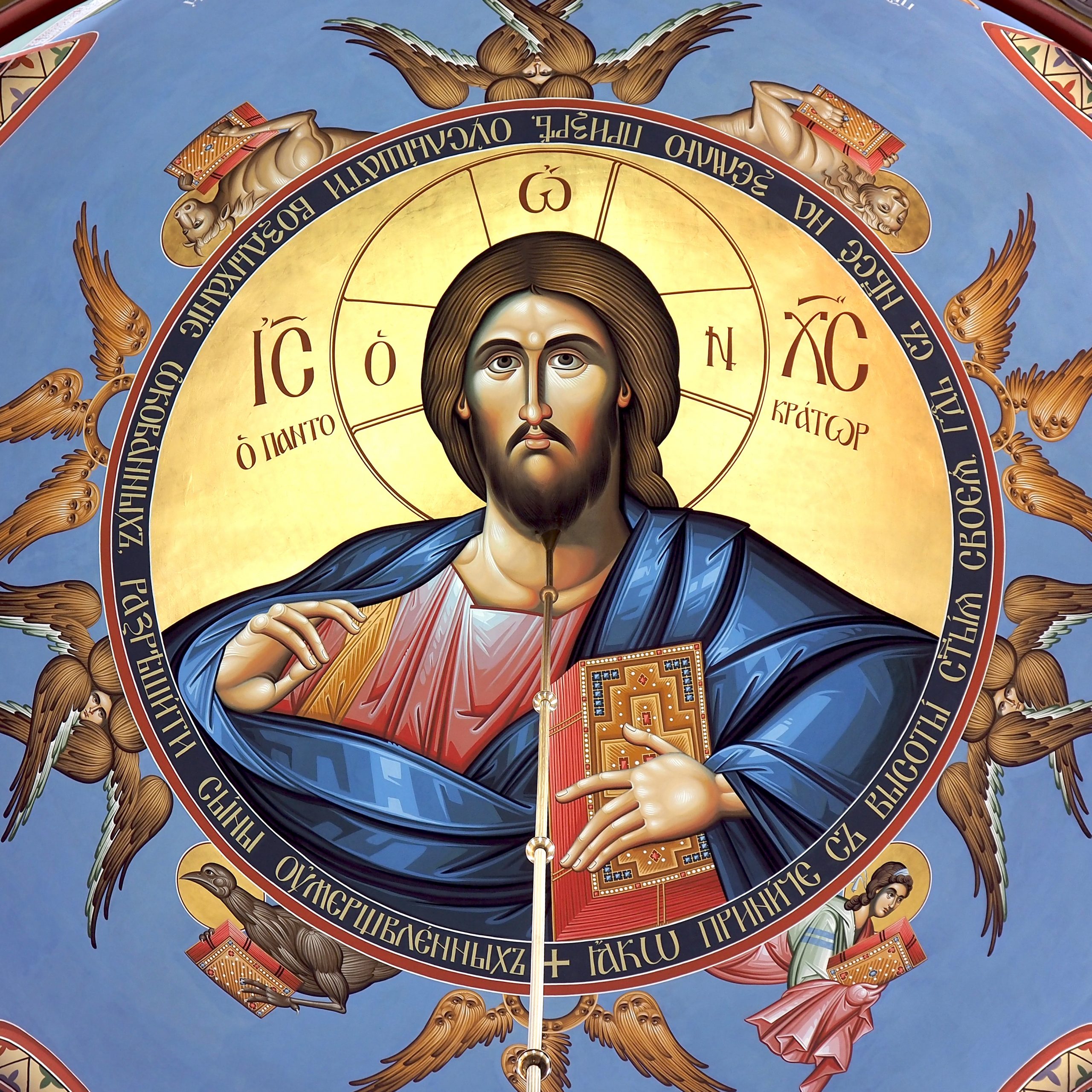“For it will be as when a man going on a journey called his servants and entrusted to them his property; to one he gave five talents, to another two, to another one, to each according to his ability. Then he went away. He who had received the five talents went at once and traded with them; and he made five talents more. So also, he who had the two talents made two talents more. But he who had received the one talent went and dug in the ground and hid his master’s money. Now after a long time the master of those servants came and settled accounts with them. And he who had received the five talents came forward, bringing five talents more, saying, ‘Master, you delivered to me five talents; here I have made five talents more.’ His master said to him, ‘Well done, good and faithful servant; you have been faithful over a little, I will set you over much; enter into the joy of your master.’ And he also who had the two talents came forward, saying, ‘Master, you delivered to me two talents; here I have made two talents more.’ His master said to him, ‘Well done, good and faithful servant; you have been faithful over a little, I will set you over much; enter into the joy of your master.’ He also who had received the one talent came forward, saying, ‘Master, I knew you to be a hard man, reaping where you did not sow, and gathering where you did not winnow; so I was afraid, and I went and hid your talent in the ground. Here you have what is yours.’ But his master answered him, ‘You wicked and slothful servant! You knew that I reap where I have not sowed, and gather where I have not winnowed? Then you ought to have invested my money with the bankers, and at my coming I should have received what was my own with interest. So take the talent from him, and give it to him who has the ten talents. For to every one who has will more be given, and he will have abundance; but from him who has not, even what he has will be taken away. And cast the worthless servant into the outer darkness; there men will weep and gnash their teeth.”
Matthew 25: 14-30
One of my favorite passages of the Bible, is the parable of the talents in Matthew 25:14-30. There are so many lessons and life applications to this parable that we will discuss it over the next four reflections.
In the parable, a landowner entrusted “talents” to three servants—to one he gave five, to another two, and to another one. A “talent” at the time Jesus told this parable represented an amount of money, the equivalent to what might earn over the period of ten years. The five talents represented the amount of money one would make in 50 years, the entire amount of money he would earn for his lifetime. That’s a lot of money. The two talents represented 20 years of earning. And even the one talent represented 10 years’ worth of earnings. Before we pity the man who only had “one talent,” we have to remember that even his one talent was worth a lot.
It is important to recognize that the master “entrusted” the talents to the servants. He didn’t give them to them for eternity. It was clear that he entrusted them, and that at some point, he was going to come back and see what they had done with what he had given them.
The one who had five talents made five more and ended up with ten. The one who was given two talents made two more and ended up with four. The one who was given one talent did nothing with what he was given.
When the landowner came back to settle up accounts with his servants, he was angry and disappointed with the one who had done nothing with his one talent. However, he was equally pleased with the other two. He didn’t evaluate them against each other, because the one with ten would have been more pleasing than the one with four. Rather, he evaluated them according to how much they had been done with what they had been given. The one with the two talents wasn’t expected to make ten with them. Likewise, had the one with five made only seven, he would have been seen as a failure. As for the one who buried his one talent, the master was disappointed because surely the man could have done something, even if it was putting the money (a talent was an amount of money in the story) in the bank and getting the interest on it.
One lesson from the parable is that God expects us to do our best with what we’ve been given. No one can give better than their best. But we can all give our best. One of the mottos I use in my life is “the best I can with what I have on a given day.” I can’t do my best with what I don’t have. I can’t do my best with what someone else has. I can’t do my best if I am complaining about what I don’t have. On any given day, I will be short of something, usually time. So, if I give my best with my time, then that is all I can do. On other days, I lack opportunity. For instance, what if I offer a program and only a handful of people come? We’ve all planned things and had disappointing attendance. If I’m focused on giving my best, then I give the best to the handful of people because that is what I have.
Another lesson for us to learn is that the only moment we truly have is the moment we are in. We do not have what is passed. And we are not guaranteed the future. I could make plans for tonight and be killed in a car wreck on the way home—that happens to someone in America every day. The only thing we truly have is the moment we are in. And so we must make the most of that moment. In Christian terms, the most important day of your life is the day you die, because how you die sets up where you will be for eternal life. The second most important day is the day you were baptized, because that sets in motion the journey to everlasting life. And the third most important day of your life is TODAY, because today is what you have. The day I got married and the day our son was born, those were great days, in the top ten days of my life, when I look at the totality of my life. But those days were years ago. Can those days possibly be more important than today? Those days are memories, I can’t relive them. I can live today and I can do my best today. Today is what you have, so make the most of it. If you’ve given your best, you’ve pleased God. And if you truly give your best, then you’ve done all you can to please your neighbor.
Lord, thank You for the gift of today. Help me to see every day as a gift. Help me to use my gifts and my opportunities to the best of my abilities each day. Help me to make the most out of each conversation and experience. Help me to glorify You and give You my best today. Amen.
Do the best with what you have today!




